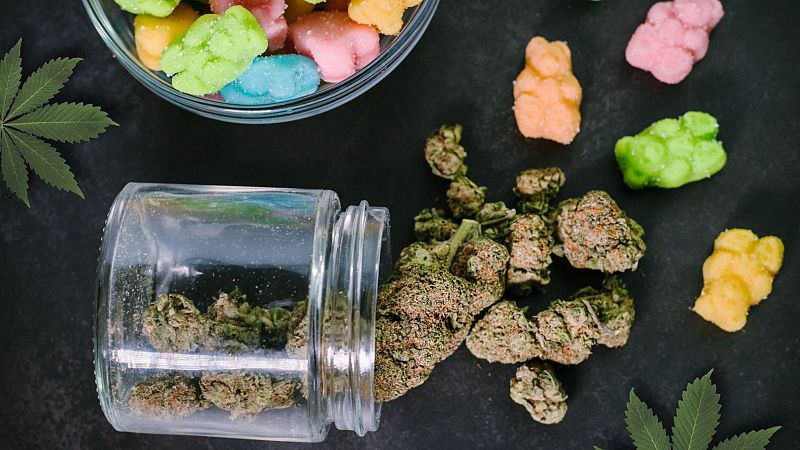Highly potent cannabis products tied to risk of psychosis, schizophrenia, and addiction, study finds

Highly potent cannabis products could raise the risk of psychosis, schizophrenia, and addiction, a large new analysis has found.
While cannabis is largely illegal in the European Union, an estimated 4.3 million people use it daily or nearly every day, whether they are smoking marijuana, eating edibles such as gummies, or vaping concentrates like hash oil.
The common ingredient is delta-9-tetrahydrocannabinol (THC), which is the main psychoactive compound in cannabis that makes people feel “high”.
But cannabis products tend to be much stronger than the plant itself. In 2023, the average THC concentration of cannabis resin was 23 per cent, compared with 11 per cent for herbal cannabis, according to the European Union Drugs Agency (EUDA).
Scientists and policymakers have long been concerned about the potential health effects of such strong drugs, prompting the US research team to assess the mental health risks tied to products with a THC concentration above 5 milligrams or 10 per cent per serving.
Some of these products had labels such as “high-potency concentrate,” “shatter,” or “dab”.
The researchers included data from 99 studies published between 1977 and 2023, which together spanned more than 220,000 people.
The use of high-concentration THC was tied to psychosis and schizophrenia, especially within 12 hours of use, which the researchers said was “concerning”.
High-concentration THC was also tied to cannabis use disorder, according to the review published in the Annals of Internal Medicine journal.
“There's a real warning” in the findings, said Dr Jonathan Samet, one of the study’s authors and a professor of epidemiology and environmental and occupational health at the Colorado School of Public Health.
“We really need to be carefully watching what the consequences of these products are,” Samet told Euronews Health.
The findings were mixed for more common mental health issues. Some studies suggested that high-concentration THC had benefits for anxiety and depression, while others identified negative effects. But the benefits were largely seen among people with other health issues, such as cancer or neurologic disorders.
People who use cannabis frequently and over a longer period of time are more likely to experience health problems, according to the EUDA. Cannabis use can cause or worsen respiratory issues, dependence, and psychotic symptoms, the agency said.
The researchers said the latest findings are in line with prior studies indicating high-concentration THC raises the risk of mental health problems, but that the evidence is not conclusive enough to give clear guidance to patients.
Even so, Samet said the findings could be used to shape regulations on THC and cannabis products, particularly in the United States where they are more widely and legally available.
“There's not a simple solution” when it comes to potency, he said, because people can simply take more of the drug to achieve the dose they want regardless of legal limits.
Doctors and consumers should also be made aware of the risks, particularly for people with underlying mental health concerns, Samet added.
“People who say, ‘Well, I’m using THC, what about it?’ … need to know that there are risks,” he said.
Today

